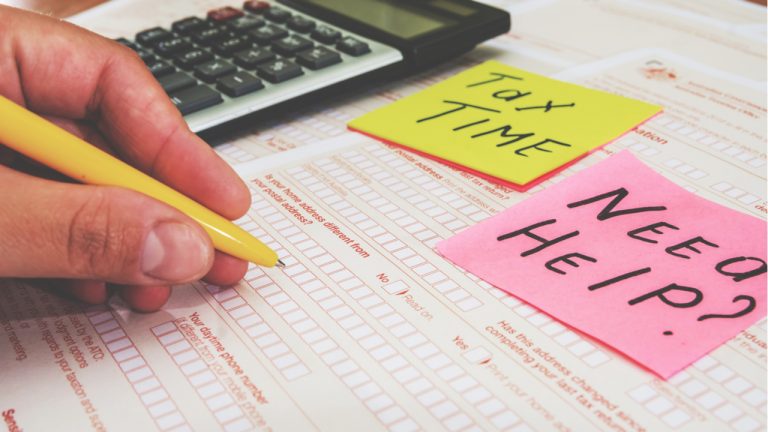McCann’s Meme Street Revolutio...
22 February 2025 | 8:57 pm

Australia’s revenue service has reminded a growing number of crypto investors about their tax obligations. Rejecting the common misconception that crypto gains are only taxable when coins are cashed back into dollars, the tax office is going to prompt hundreds of thousands of taxpayers to report profits and losses from their cryptocurrency transactions.
Concerned about crypto investors evading taxes, the Australian Taxation Office (ATO) has set out to debunk the myth that cryptocurrency gains are only taxable when digital assets are converted into fiat money. People often think the digital coins are currencies but in reality, they are classified as assets, and gains from cryptocurrency trades are like gains from other investments, the tax authority explained.
ATO has estimated that 600,000 Australians have invested in cryptocurrency recently amid the surging popularity of crypto trading and rising market prices. The agency is now going to send warning letters to 100,000 taxpayers asking them to review their previously filed returns. Another 300,000 Aussies will be prompted to report their gains and losses from cryptocurrency deals as they lodge their 2021 tax return, Australian media reported.
The tax office also revealed that it’s closely monitoring the points where cryptocurrency interacts with the fiat system, helped by both the traditional financial sector and the crypto industry. The agency tracks the money back to the taxpayer using data matching profiles with cryptocurrency exchanges, according to ATO Assistant Commissioner Tim Loh who also told news.com.au:
There isn’t a game of hide and seek. We have got that information and all we are asking people to do is follow the rules. We know most Australians follow the rules.
The ATO official further elaborated that the tax administration treats gains from cryptocurrency similarly to gains from shares, for example. The tax is due not only when an investor swaps cryptos for fiat money but also when one coin is exchanged for another and such transactions must be reported too. Furthermore, the Australian capital gains tax also applies to the disposal of non-fungible tokens (NFTs), Tim Loh remarked. At the same time, holding crypto funds as a long-term investment, for 12 months or more, entitles taxpayers to a discount.
A different rule applies when businesses or sole traders receive cryptocurrency for the goods and services they provide. Such payments will be taxed as income based on the value of the digital coins calculated in Australian dollars. Recognizing that the matter is quite complicated, the ATO is now focusing on helping Aussies to fill in their declarations correctly. Tim Loh advised them:
The best tip to nail your cryptocurrency gains and losses is to keep accurate records including dates of transactions, the value in Australian dollars at the time of the transactions, what the transactions were for, and who the other party was, even if it’s just their wallet address.
Loh’s comments also indicated that the Australian tax authority considers a failure to report obligations to be a bigger sin than a mistake on the declaration. “Failing to report on crypto-assets and not taking action when reminded will prompt penalties and potentially an audit,” the tax agent warned. Such penalties will be reduced significantly when taxpayers have corrected their returns.
What are your thoughts on the tax regulations for crypto investments in Australia? Let us know in the comments section below.